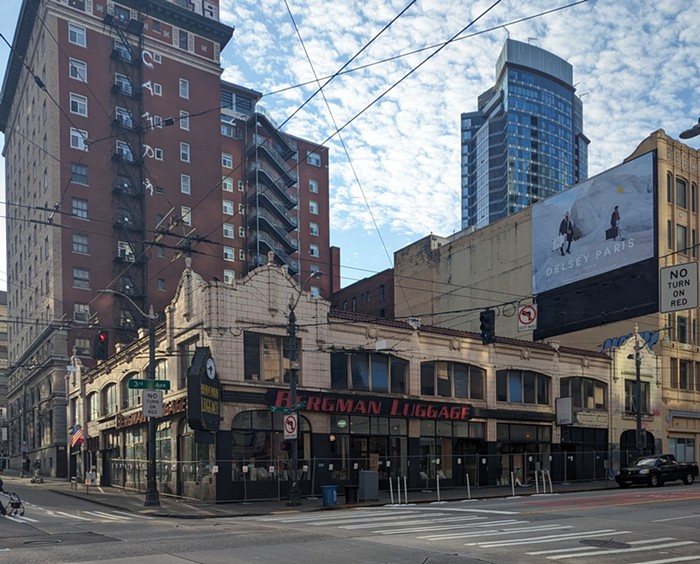
As everyone knows, one of the big issues of the current council race is the housing crisis. In what seems like no time at all, Seattle has become one of the most expensive cities in the world. What is to be done about this crisis, which is displacing poor people (many of whom are black) in large numbers? Housing Affordability and Livability Agenda (HALA) came up with Mandatory Housing Affordability (MHA), which requires "new development to include affordable homes." With this scheme, the city gets more affordable housing by keeping developers busy. Though the logic of this approach, which encourages upzones, turns my stomach, as I do not like the idea of directly attaching affordability with anything to do with the market and the profit motive, it is the best thing going right now.
Because the housing crisis is so pressing, many believe upzones must be pushed through without hesitation. Sheley Secrest, who is running for Council position 8 (and who got my vote during this paper's endorsement meeting—though we ultimately endorsed Jon Grant), says: not so quick. A community, she argues, needs the opportunity to discuss an upzone before it is applied. Of course, this call to slow things down has upset some housing advocates. But she feels her way of thinking is being misunderstood. What she has in mind and wants to implement is a more racially sensitive approach to upzoning.
"The International District successfully pushed back on stopping the discussion on the upzone until communities of color were engaged," she wrote to me. "First it was a one month moratorium and now two months. Blacks in the Central District are asking why the same efforts to bring folks to the table aren't being applied for the CD upzone."
This is her reasoning for "a temporary moratorium on development." It's hard for her to see upzone as a content-less form, a pure process, particularly in the case of the Central District, Seattle's former black neighborhood—it's now a mostly white neighborhood, but it still has a substantial number of black homeowners. "When I said a temporary moratorium [during the Stanger's endorsement meeting,] I emphasized the lack of input from folks of color."
(It must be noted that Secrest is not a homeowner.)



















